Lore! What is it good for?
- Edwin McRae
There's a LOT of big talk about the importance of Lore at the moment, especially in the crypto space. But what exactly is Lore and what is it good for?
Lore is the fictional explanation for why things are what they are.
Why is Temeria in such a mess in Witcher 3? Because it's been invaded by Nilfgaard.
Why are there so many hostile, mutated monsters in Path of Exile's Wraeclast? Because of an ancient thaumaturgical cataclysm.
Why do the war boys in Mad Max: Fury Road sacrifice themselves in the service of Immorten Joe? Because if they are witnessed doing something not 'mediocre' before they die they go to a heavenly afterlife.
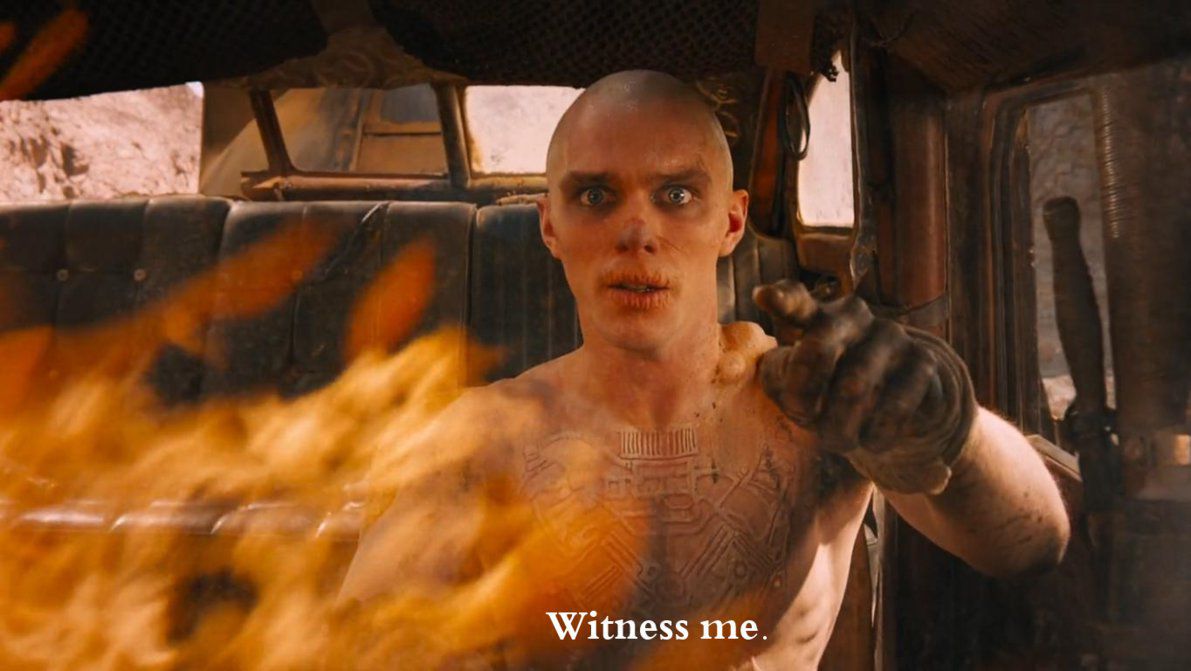
Lore explains situations and settings, behaviors and bad guys. Lore justifies the existence of the assets that the player interacts with. We humans are meaning makers. We crave reasons beyond 'just because'. Even in fictional worlds, we need to know that every effect has a cause.
This is why, in RL, we study History and Culture.
History helps us understand the present by showing us recognizable patterns of behavior from the past. Understanding of the past helps us to predict the future.
Culture is the rationale of human perspectives. Whether it be religious practices or shopping habits, dietary preferences or languages, Culture informs the how and why of human behavior.
Yes, it all comes down to behavior.

The Dothraki in Game of Thrones prize horses because they are the greatest source of power in the central plain of Essos. Without swift transportation, the Dothraki could never have grown to be such a dominating force in that continent.
House Stark in Game of Thrones is a pragmatic noble family because of the harsh climate they live in. Survival in the north is hard. It leaves little time and energy for the parties and tournaments that you might see the abundantly wealthy House Tyrell throw.
But none of that matters if you don't have characters to attach it all to.
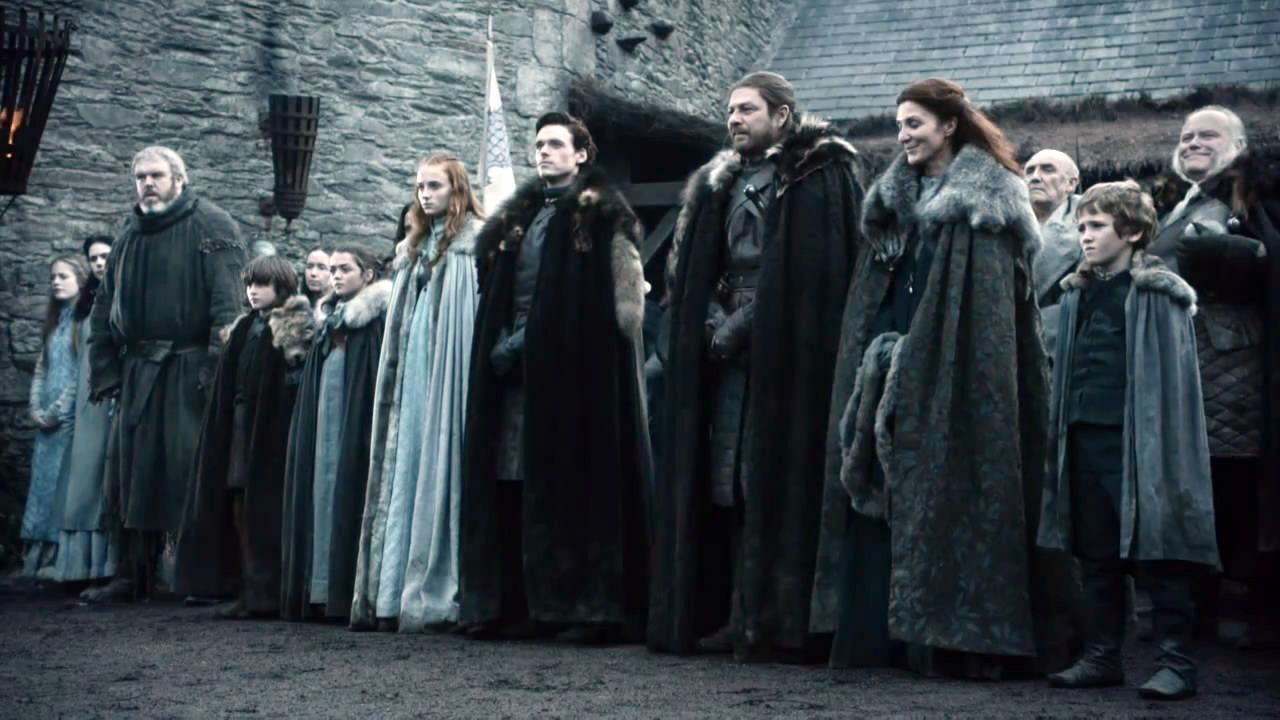
The Starks are just a name and a concept until you get to know Ned and Arya Stark, Jon Snow and Sansa Stark. Their values become important to the audience because those values are so important to the character. Their history is revealed through their behaviors and how other characters, like Jaime Lannister or Brienne of Tarth, react to those behaviors.
In Path of Exile, the Karui Lore is only important to the player if their player character is the Karui Marauder, or if their Witch/Templar/Ranger talks or fights with Karui NPCs. Or picks up useful Karui items. Or if a quest or setting happens to be Karui themed.
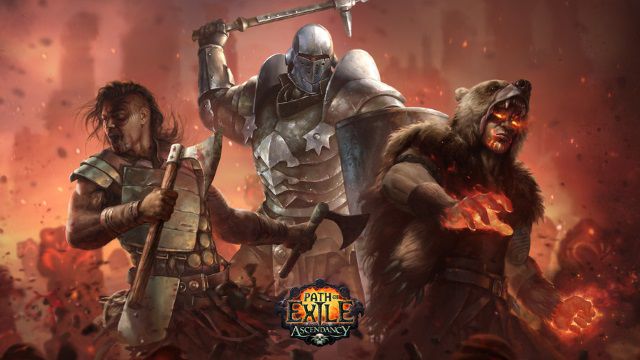
Lore is only important when the characters we care about interact with that lore. Until then it's just maps and words, concepts and artifacts, devoid of purpose and therefore easily ignored. How often did you take notice of "wash your hands" signs in public bathrooms before the COVID-19 pandemic?
Mystery is the most powerful technique for imparting Lore.
You're looking for a sword in a battlefield. Yes, it's a Volcanic Long Sword with high physical damage and a nifty burn effect. It has significant game play value to you. No Lore needed, yet, until we start raising some questions. How did this sword end up in this battlefield? How did its wielder die with such a powerful weapon in their hands? Who was the wielder and how did they gain this sword? Who made this sword in the first place? If you learned more about its previous wielder, perhaps you could retrace their steps to the original maker and persuade them to upgrade this sword or make you an even more powerful weapon? But then you would need to understand the maker, their character and culture, in order to discover the right way to persuade them. And thus blooms another set of questions...
That's an off-the-top-of-my-head example to show you the 'mystery' approach to Lore discovery. According to Will Storr in The Science of Storytelling, the human brain loves to fill in information gaps. You discover a corpse in a field outside a small town. A young man in an expensive corporate suit who has been stabbed multiple times. Are you not instinctively interested in who killed him and why? Let's be less dramatic about it. You see a crossword that's been filled in except for a four letter word starting with E _ _ _ with the clue "like a stereotypical fairy tale stepmother". Did your brain automatically try to fill those spaces in?
Interaction is what sparks the player's interest in Lore.
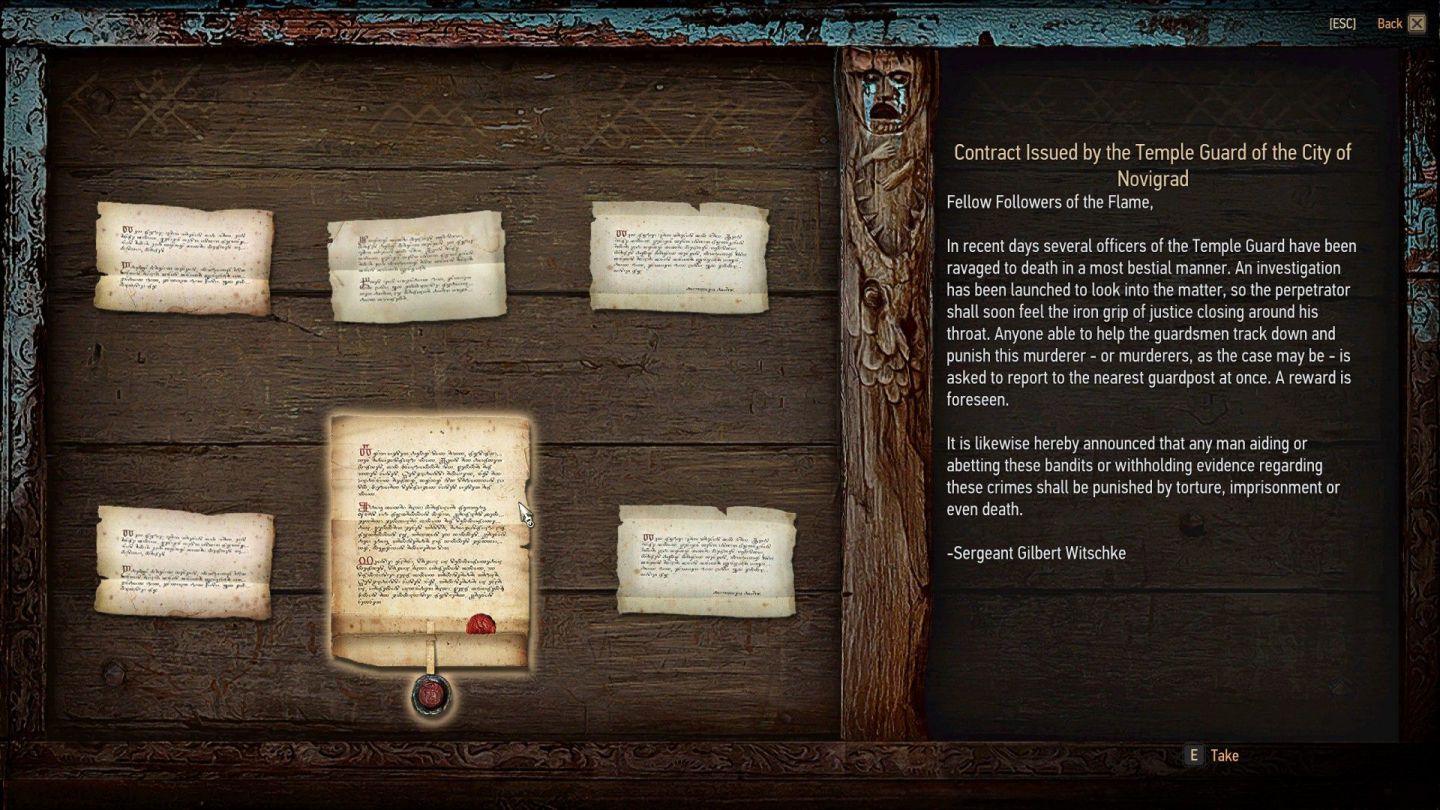
It's only interesting if it helps the player to fill an information gap. The 'why' to the 'what' they've just been presented with.
Lore! What is it good for?
Absolutely nothing... until it becomes important to the characters or the game play.
Then it becomes everything. It becomes the reason the player keeps coming back to grind through the same game play loops. They'll do the same 'what' over and over again, if the 'why' is compelling and keeps changing in mysterious ways.
First design the Interaction, then design the Lore.
As the old saying goes, "Don't put the cart before the horse."
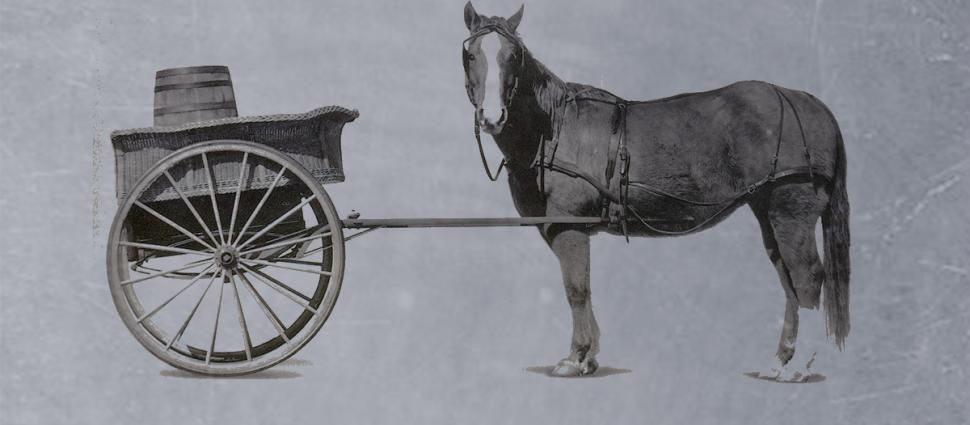
Hope this was insightful!
Edwin
If you'd like to know more about narrative design for games, feel free to sign up to my monthly Lorekeepers newsletter or join the discussion on Discord in Narrative House.

About Edwin McRae
Edwin is a narrative consultant and mentor for the games industry.
